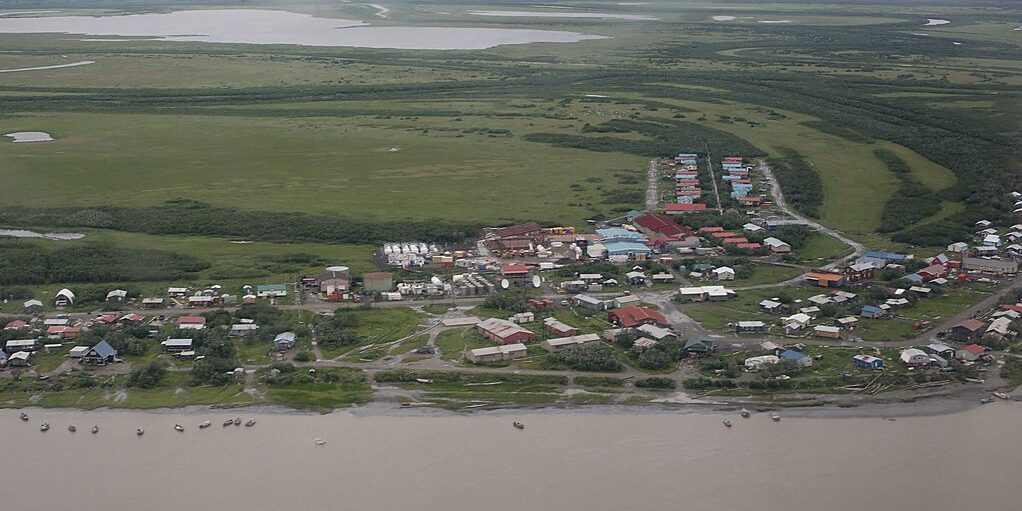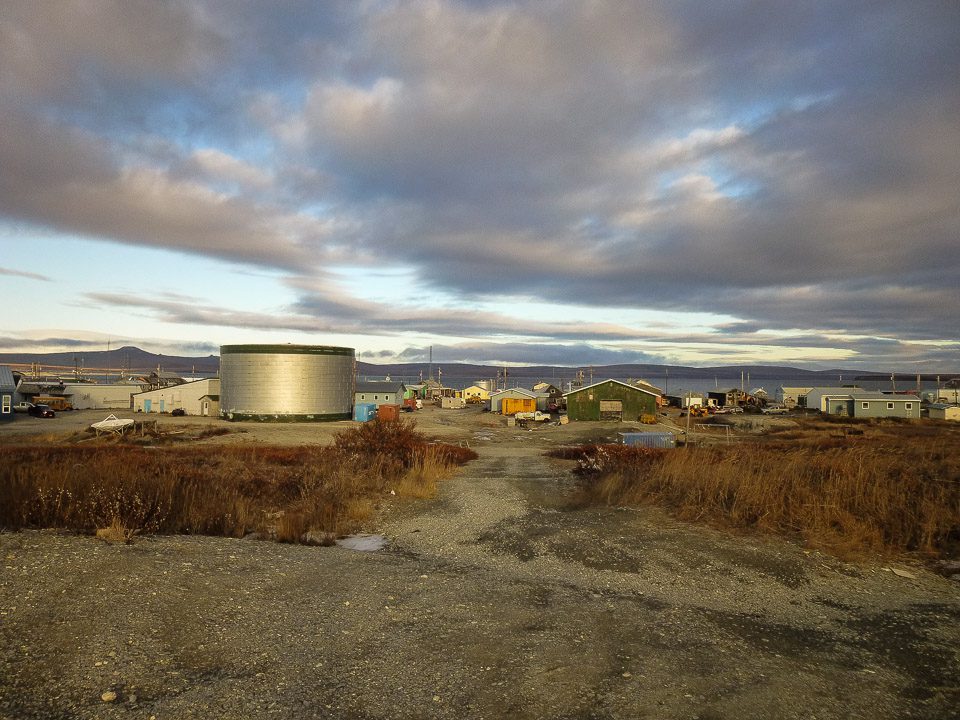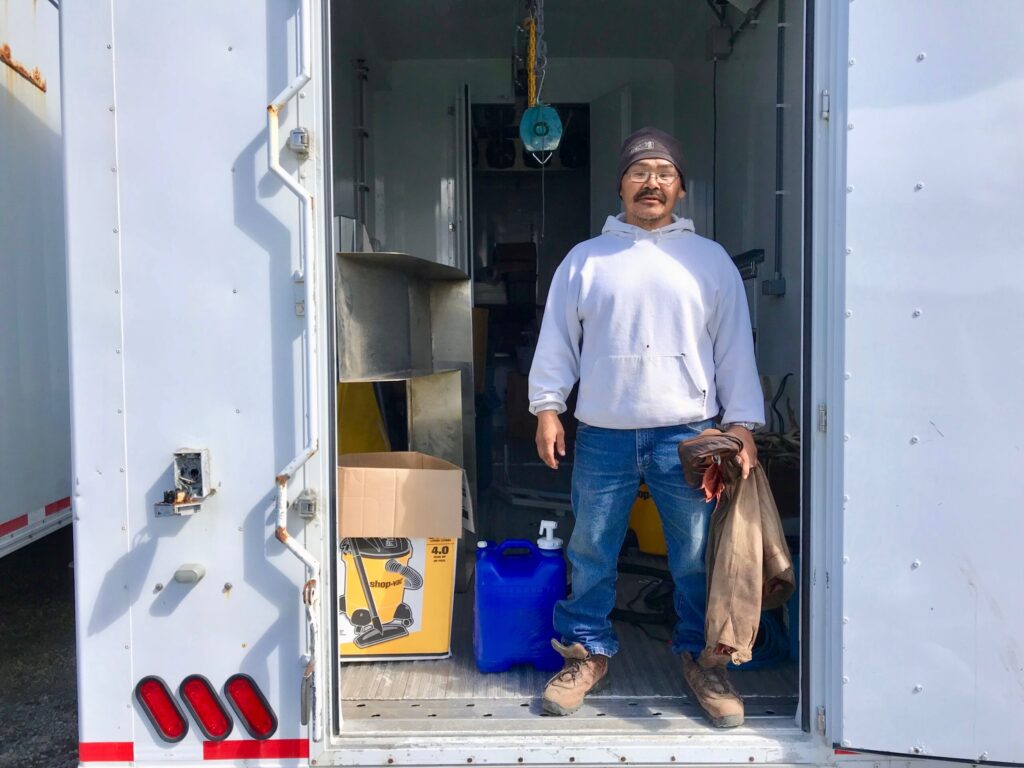The Emmonak Women’s Shelter (EWS) reopened earlier this month after being closed for several weeks.
According to a press release from the state Council on Domestic Violence and Sexual Assault (CDVSA), the Council’s board voted on February 1st to issue an emergency grant. It will fund the EWS through June 30th of this year.
EWS Executive Director JoAnn Horn says the federal funding that the shelter primarily relies on ran out in January. Part of the reason was that one of those grants covered only one part-time advocate staff position, out of three full-time advocates the shelter employs because its services are in high demand.
According to its website, the EWS serves Emmonak and 13 surrounding villages, a region of about 6,000 square miles and nearly 3,000 people. It provides services like a 24-hour shelter and crisis line, crisis intervention and court accompaniment, for victims of sexual assault and domestic violence.
CDVSA Executive Director Diane Casto says it fills a special niche as one of the only village-based shelters.
They are steeped in their culture and the language and provide very culturally appropriate and specific services.
That includes having staff that speaks Yup’ik, and a building designed to “look and feel like a Yup’ik home.” According to the CDVSA, it includes three bedrooms, a children’s playroom and a kitchen and living area.
The EWS is not regularly funded by CDVSA, but Casto says letting it stay closed wasn’t much of an option.
These were critical services. It was critical need in a critical area of our state. And either we were going to have to provide increased funding to Tundra Women’s Coalition to take the slack of the number of individuals who weren’t going to be served by the Emmonak Women’s Shelter, or we could help keep the Emmonak Women’s Shelter open.
The Tundra Women’s Coalition (TWC) is based in Bethel and serves surrounding communities. Horn says during the nearly three weeks the EWS was closed, staff were not paid, and the women and children in Emmonak were sent to Bethel’s TWC.
This isn’t the first time the EWS has closed due to funding issues. According to Horn, it hasn’t received state funding since 2005. In 2012 the New York Times caught wind of a closure, reporting that a $50,000 federal grant, secured by Senator Lisa Murkowski, and $30,000 in donations provided emergency funding for several months.
Horn says she hopes continued donations, and the federal grants she’s applying for now, will come through to prevent another closure come July 1st. The CDVSA will provide assistance in securing funding, Casto says, with possible financial support from the CDVSA itself. Casto reiterates the importance of the EWS being able to continue its local operations.
The closer to home, the better, because having a facility close by can really reduce the time of that critical safety concern.
Horn echoed Casto’s concern, saying:
“If we were closed, when it’s cold out, where else would they go?”
For now, the shelter is open 24 hours a day. 24-hour crisis assistance is available by calling (907) 949-1434.
Image at top: Emmonak in July 2013. (Photo: Adam DuBrowa, FEMA.)







